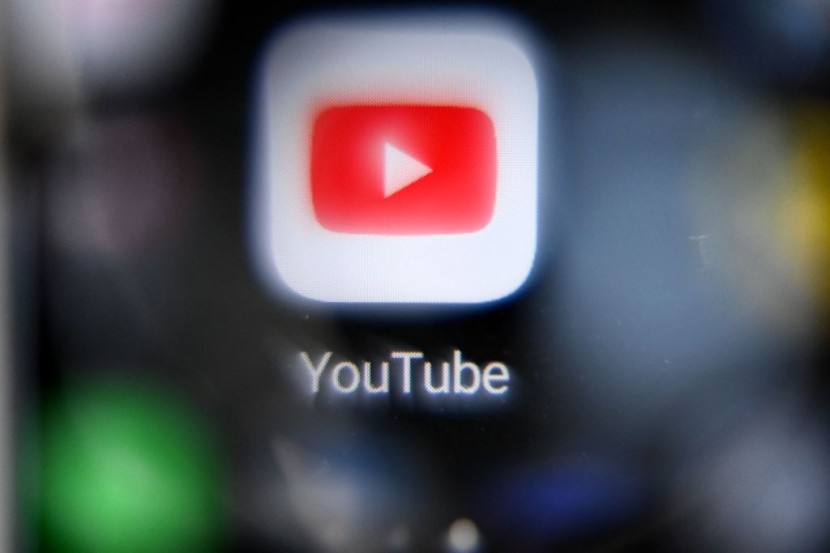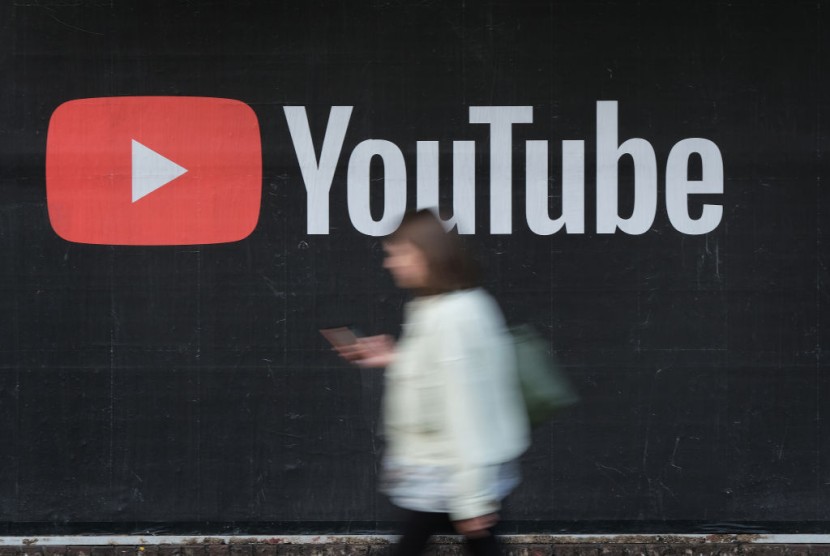
YouTube rolls out new eating disorder content policies to address the harmful content indirectly promoting the widespread disorder in the Google-owned video-sharing platform.
The popular video service has banned videos that harmfully promote or directly encourage eating disorders. But this time, YouTube is expanding the ban to more videos featuring the said mental disorder.
YouTube Rolls Out New Eating Disorder Content Policies
According to CNN, videos that promote and glorify eating disorders have long been against the Community Guidelines of the video-sharing platform. The existing rule aimed to protect its users from the disorder rampant nowadays.
However, Google has realized the need to improve its policies to curb the prevailing mental health issue. Previously, the tech firm only prohibited content that directly promoted the disorder, as per Engadget. With the new policy, the platform will also focus on videos that indirectly help promote it.
In a blog post, YouTube says it "will be updating our approach to eating disorder-related content." The new policies were possible with the help of "third-party experts," including the "Asociación de Lucha contra la Bulimia y la Anorexia, shortly known as ALUBA," and the National Eating Disorder Association (NEDA).
The video service touts that the new rules should help foster a community that creates a space for "recovery and resources" to protect its users' well-being.
The video platform acknowledged that mental health issues, specifically eating disorders, affect people from various parts of the world. It can be a "stigmatizing" and an "isolating" for these folks.
Read Also : Drug-Resistant 'Candida Auris' Infections Spreading in Michigan Hospitals Triggers CDC Warning

Which Videos Are Now Banned?
With the new eating disorder policies, YouTube will start banning videos that show "imitable" behavior and weight-oriented bullying. With that said, content describing the disorder will be taken down.
The Verge notes that the new rules also restrict content from creators sharing their recovery journey as they discuss their past behavior. Although YouTube acknowledges that these videos might help its viewers "feel less alone," the video service argues that it might be "triggering for others."
To be more precise, the video-sharing service will restrict young ages from accessing recovery videos. It will require users to view this content at least 18 years old.
While eating discovery content will remain available for mature users, YouTube is rolling out resource panels on these videos alongside related content. It will initially debut in the United States, the United Kingdom, and Japan. This help information will also be available to users in Mexico, France, Korea, Canada, and Germany. The Google-owned platform says that it will eventually reach other territories.
© 2025 HNGN, All rights reserved. Do not reproduce without permission.








